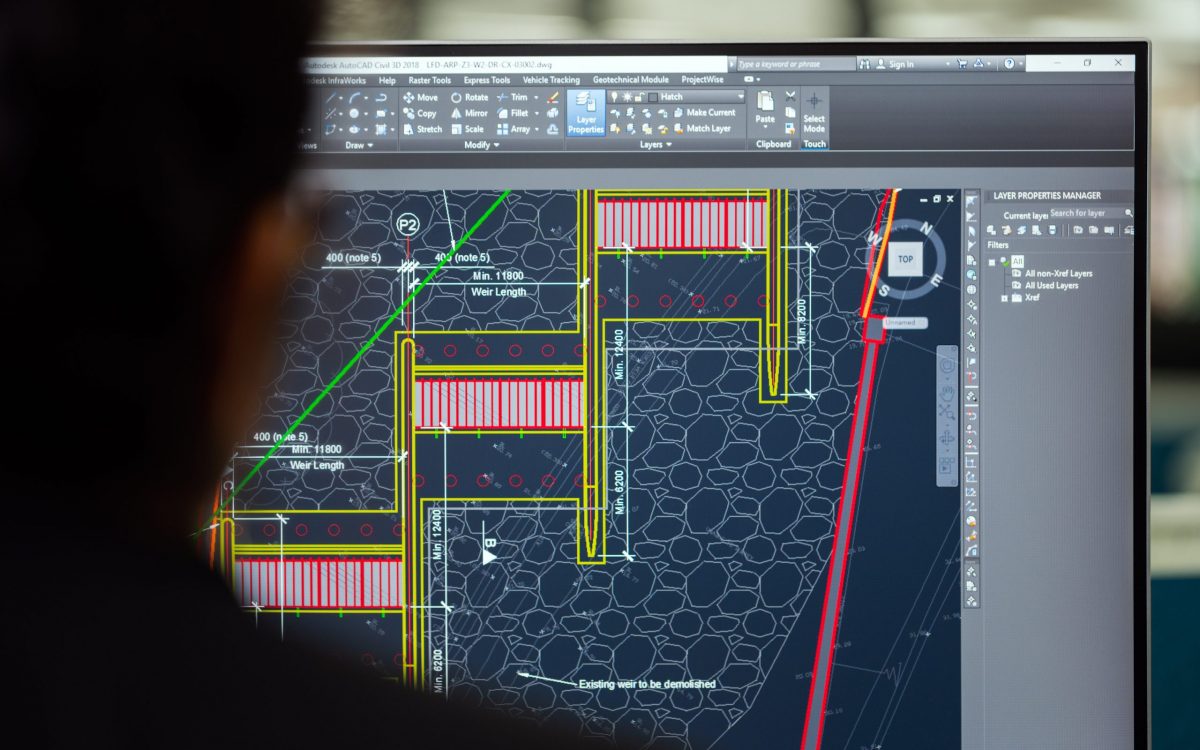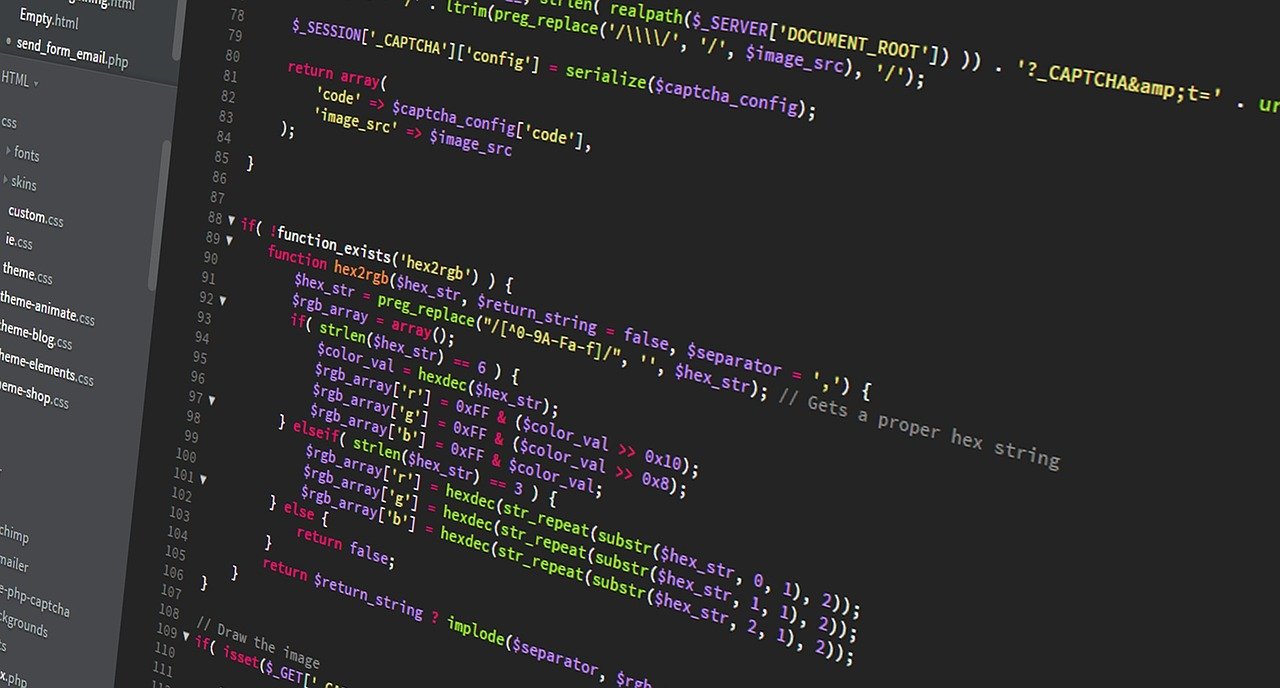Software Development vs. Computer Science: 9 Main Differences Every Beginner Needs to Know
Up until today, the debate between computer science vs software engineering remains one of the most controversial topics in the IT sector.
While both fields may have some similarities, aspiring IT professionals need to know their key differences. For example, computer scientists focus more on the theoretical and mathematical principles behind the fundamental structure of information technology. On the other hand, software engineers carry out the scientific concepts in designing, developing, and maintaining applications.
So, between Computer Science and Software Engineering, which program fits you best? By the end of this article, you’ll be able to make an informed choice.
What is Computer Science?
It is the study of computers and their theoretical as well as practical applications. It applies the concepts and principles of Engineering, Mathematics, and logic to many functions, such as:
- Building software and hardware
- Algorithm formulation
- Artificial Intelligence etc
It is a systematic application of scientific and engineering concepts to the design, building, and maintenance of software systems. The Software Engineers usually aim at creating Software products to solve real-world problems.
What is Software Engineering?
It is a systematic application of scientific and engineering concepts to the design, building, and maintenance of software systems. The Software Engineers usually aim at creating Software products to solve real-world problems.
9 Main Differences between Computer Science and Software Engineering

#1 Core Studies
Although Computer Science and Software Engineering share some core studies, a keen eye will notice some differences. Computer Science students focus their studies on the science behind the working of computer systems. They learn the computing, analysis, and application of data in the computer and software systems. The Association for Computing Machinery (ACM) describe the following knowledge areas in Computer Science:
- Architecture and Organization
- Algorithms and complexity
- Discrete structures
- Computational ScienceList Item
- Visualization and Graphics
- The interaction between Humans and Computers
- Intelligent Systems
- Operating Systems
- Communications and networking
- Information Management
- Information Security and Assurance
- Programming Languages
- Distributed and Parallel Computing
- Operating Systems
- Platform-based Development
- Systems Fundamentals
- Software Engineering
- Professional Practice and Social Issues
When it comes to Software Engineering, students concentrate on applying computer science and mathematical principles in creating software and hardware programs.
According to world-renowned professional bodies such as ACM, Software Engineering, and Development focuses on the following core areas:
We build custom software with modern solutions in mind for any business and sizes!
We build custom software with modern solutions in mind for any business and sizes!
- Essentials of Computing
- The Fundamentals of Engineering and Mathematics
- Analysis and Specification of Requirements
- Professional Practice
- Software Modelling
- Software Validation and Verification
- Software Process
- Software Design
- Software Security and Quality
#2 Typical Job Tasks
A Computer Scientist will typically be responsible for analyzing and monitoring computer applications and processes. You will also be responsible for maintaining the security networks, computer infrastructures, and data systems running a company’s operations.
On the contrary, a software engineer’s tasks include designing and developing specific programs or applications. In collaboration with other team members, you’ll be responsible for planning, researching the requirements, prototyping, designing, and developing the product.
You’ll also carry out quality checks and maintenance to ensure it serves the company as planned.
#3 Career Paths
- Game Developer
- Working in IT support roles
- Computer Programmer
- Web Designer etc.

#4 Software and Hardware Interactions
Computer Scientists get the opportunity to understand the interplay between software and hardware systems. For example, they may study how to develop programs that are compatible with computer hardware. However, they don’t specifically learn how to build hardware systems. On the other hand, Software Engineers apply the knowledge about this interaction to create, design, and maintain a compatible software. They, too, don’t get the specific studies when it comes to computer hardware.
#5 Software Design
Computer Scientists approach software design by understanding the algorithms and theories that will help them know:
- How a program works
- How to design an application in the best way possible
- How to use a programming language for an application
Therefore, mathematical principles and programming languages guide Computer Scientists when making decisions on how an application should be designed.
Software Engineers deal with software design by borrowing computer scientists’ analyses and information. They usually receive specific program requirements to apply when creating a Software design.
#6 Engineering Concepts
Computer Science students may need to understand mathematical and engineering principles as it applies to computer systems. For example, they may study how to create an entirely new framework for an application.
However, the real-world application of engineering concepts happens in Software Engineering and Development. Their studies focus more on these engineering principles to prepare students to create new applications.
#7 Engineering Concepts
When it comes to scientific theories, computer science takes the lead. It focuses its studies on scientific theories behind:
- Computer Operations
- How to design an application in the best way possible
- The design of software applications

Then software engineering takes these theories to develop real-world software programs and applications.
#8 Product Management
- User interaction
- Graphics and Visual structures
- Computational science of programming
A software engineer will apply these scientific concepts in following the Product Development Life Cycle to develop a product. The typical steps in this cycle include:
- Planning
- Feasibility and Requirements Analysis
- Prototyping and Design
- Product Development
- Software Testing
- Launching and Integration
- Operations and Maintenance
We build custom software with modern solutions in mind for any business and sizes!
We build custom software with modern solutions in mind for any business and sizes!
#9 Computer Coding
Computer scientists study coding in relationship with computer languages. Additionally, various computer coding allows them to calculate the compatibility between software and hardware applications.
However, more in-depth learning of coding occurs in Software Engineering courses.

The engineers need it so that they can develop programs and systems that can handle specific tasks. Conclusion Choosing a Computer Science vs Software Engineering is not a hard nut to crack.
If you’re looking to broaden your focus on the theoretical, scientific, and mathematical concepts, studying Computer Science will be suitable.
If you have a passion for designing, developing, and testing software systems, you’re probably looking to study Software Engineering.
Still unsure of what field to pursue between Computer Science and Software Engineering? Comment below, and we will be glad to help you choose your courses well.
Frequently Asked Questions!
#1 Is software engineering the same as computer science?
#2 Can I be a Software Engineer with a Computer Science Degree?
Yes, the flexibility of Computer Science can allow you to become a Software Engineer. As we saw in this article, Software Engineering borrows a lot of Computer Science concepts and principles.
#3 Is a degree in software development or engineering worth it?
Jerome Rault
Partner with a software development team one that's passionate about creating success
With the broadness of the internet, and it’s continuous expansions across different platforms it is hard to leave a mark that lasts. With digital marketing services, easily make a mark of your own that pulls customers in from different parts of the internet.
